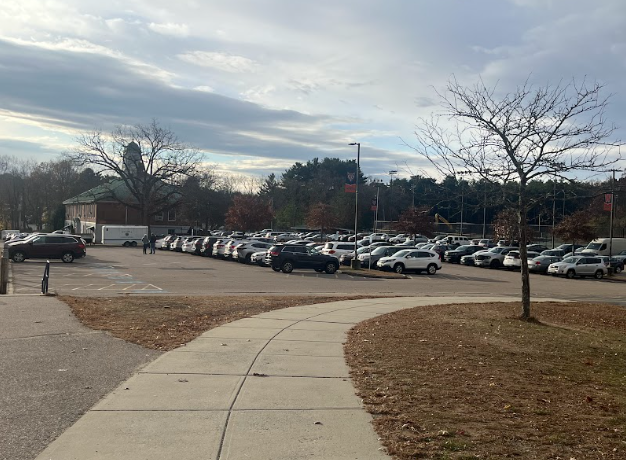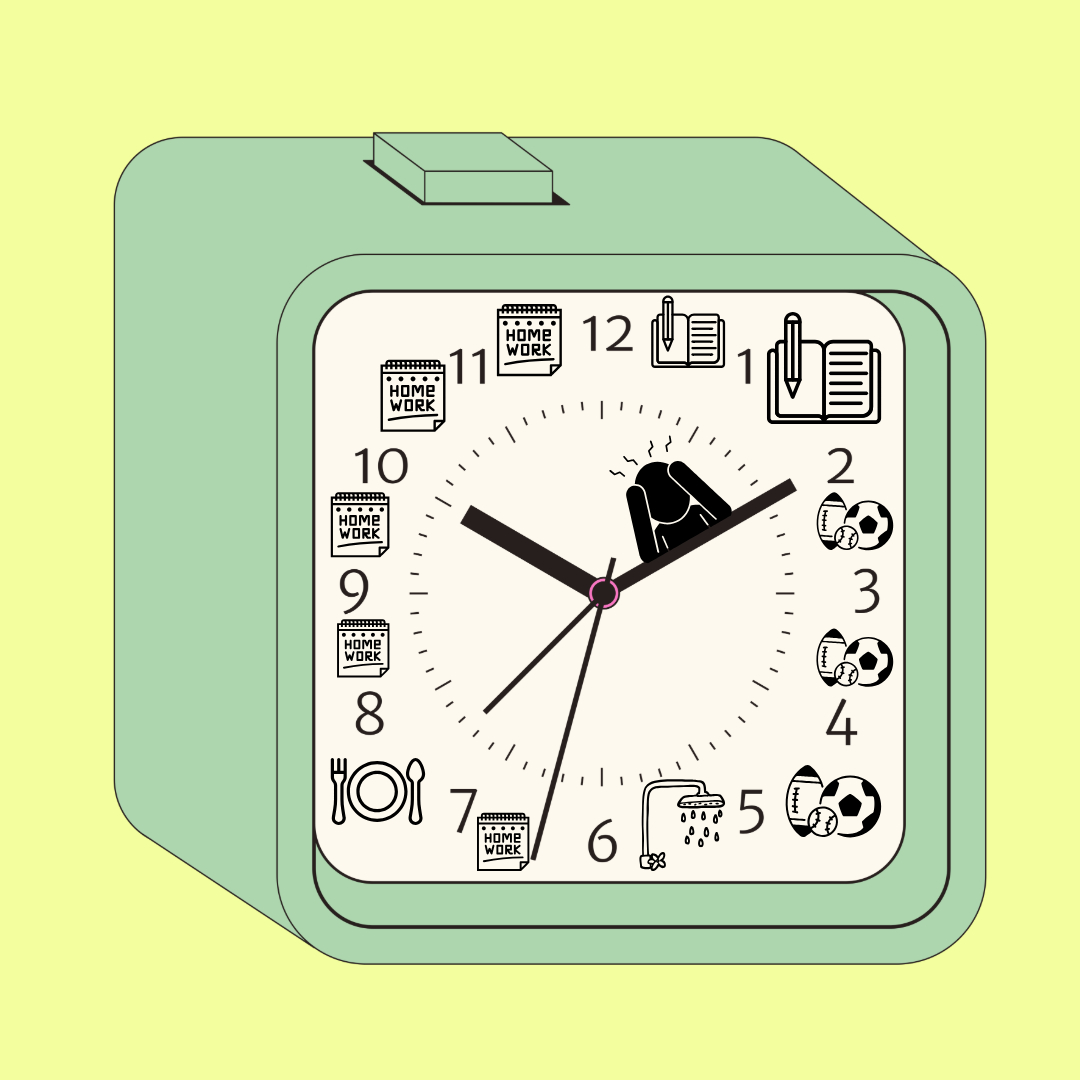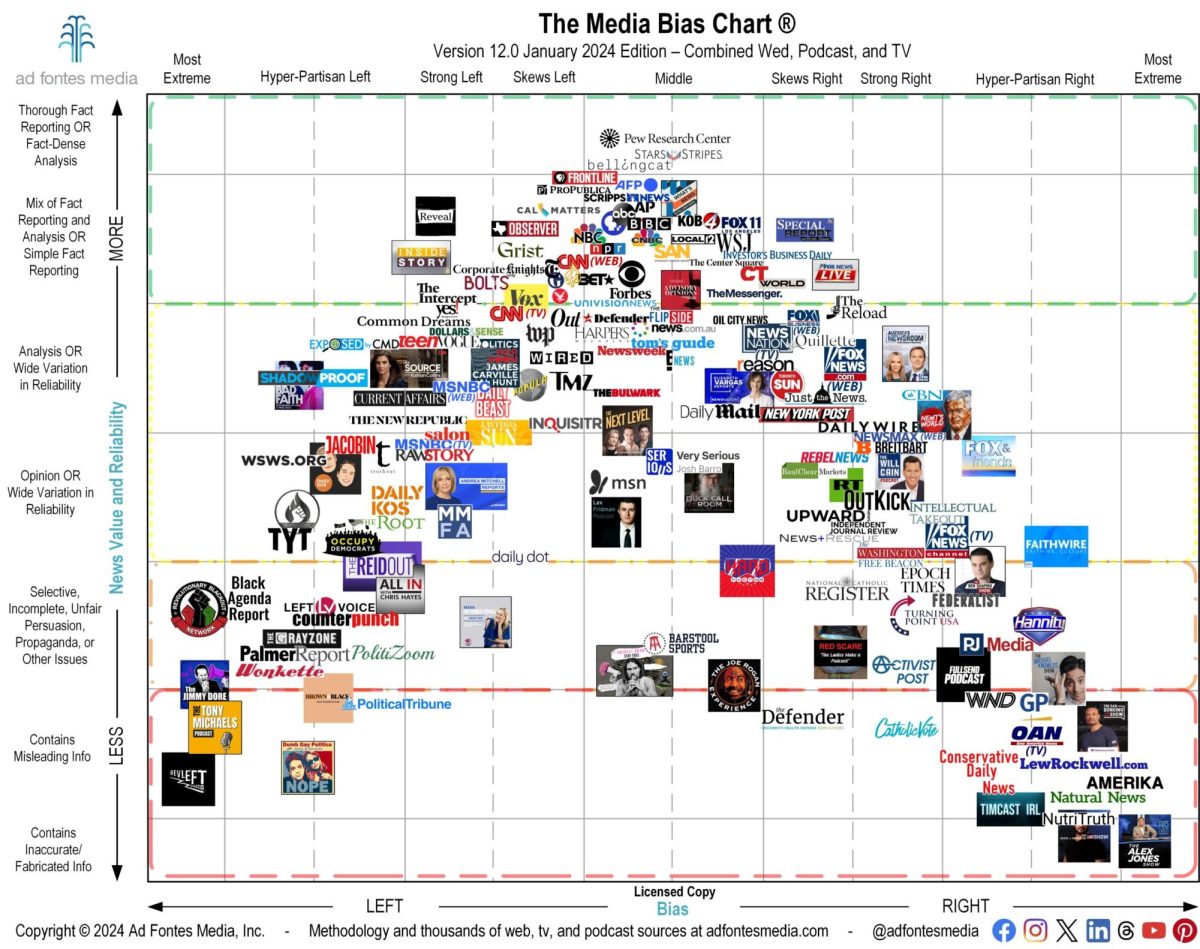 After winning eight of the last nine primary elections, Bernie Sanders has steadily been closing the delegate gap with Hillary Clinton as they vie for the Democratic nomination. To secure the nomination, a candidate needs 2,383 delegates. With his recent wins, Sanders trails Clinton by 689 delegates. While Clinton still maintains a commanding lead over Sanders and a strong favorability with the American people, she derives significant support from her superdelegate friends in Washington, which comprise about 36 percent of her total delegates.
After winning eight of the last nine primary elections, Bernie Sanders has steadily been closing the delegate gap with Hillary Clinton as they vie for the Democratic nomination. To secure the nomination, a candidate needs 2,383 delegates. With his recent wins, Sanders trails Clinton by 689 delegates. While Clinton still maintains a commanding lead over Sanders and a strong favorability with the American people, she derives significant support from her superdelegate friends in Washington, which comprise about 36 percent of her total delegates.
When each state votes in a primary election or holds a caucus, the candidates receive delegates called pledged delegates in proportion to their percentage of the popular vote (except in some republican elections with a winner-take-all system). Although pledged delegates comprise the majority of delegates, superdelegates have the ability to sway an election in favor of the establishment backed candidate and prevent the people’s candidate from winning the nomination. Therefore, the democratic party needs to eliminate super delegates from its nominating process and focus the election around the popular vote: the first step to restoring the power to the American people.
The Commission of Presidential Nominations introduced superdelegates to the Democratic party in 1982 following Jimmy Carter’s crushing loss to Ronald Reagan and George McGovern’s humiliating defeat at the hand of Richard Nixon. These superdelegates are members of the national committee, all members of Congress, all governors, former Congress leaders, former chairs of the Democratic National Committee, and former Vice Presidents and Presidents, and they constitute 15 percent of total delegates. They can vote for whichever candidate they prefer and do not have to vote with their state or the will of the people, which allows them to undermine the value of the popular vote.
Although superdelegates have never overturned an election, and superdelegates typically rally behind the candidate who leads in popular vote, the delegate process has the potential to change the outcome of an election. If Sanders manages to overtake Clinton, superdelegates could override the popular vote, and if Clinton leads Sanders by a small margin, superdelegates could support him as a more likely candidate to defeat Donald Trump. Either way, superdelegates take power away from the people and place it in the hands of the party elite compromising democracy creating an unfair, elitist system.
While the Republican National Convention does not utilize superdelegates, they have a similar system of pledged and unpledged delegates that gives prominent party members a greater influence over the nomination and hinders voter participation. Like other voting restrictions—ID laws, felon disenfranchisement, electoral college—superdelegates serve as a tool for the establishment to manipulate the outcomes of the election and control who will be the party’s nominee.














